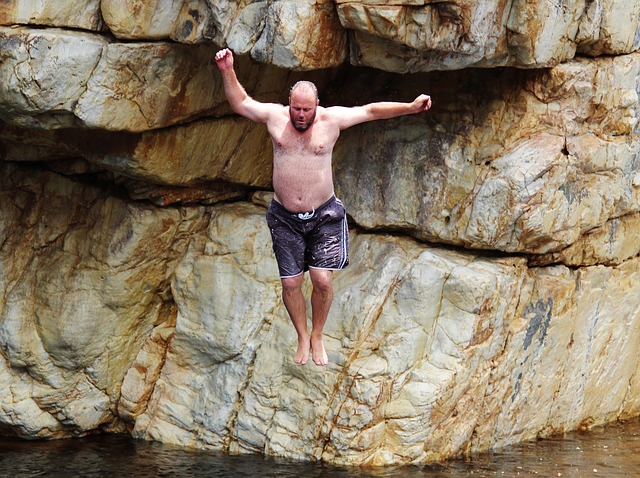I was a relatively new supervisor when I came up with what I thought was an awesome plan to improve overall productivity by moving a crew to a different shift on an open production line. The inconvenience to the crew was considerable, but the payoff seemed worth it.
They disagreed. They didn’t want to change shifts. They didn’t want to be forced to rework family schedules, family responsibilities…and they told me so.
I didn’t listen — well, I listened, but I didn’t hear them. (Big difference.)
I held firm. Great leaders make tough decisions and do whatever it takes to get results.
Plus, I was afraid I would look weak if I backed down.
It turns out I had that backwards.
There’s a great passage from the book Fiercely Loyal by Dov Baron that perfectly describes where I went wrong:
Despite what you’ve been taught, vulnerability is the very opposite of weakness; in truth, it’s all about courage. Make no mistake, for someone to be truly courageous, vulnerability must come first.
In many ways, courage can be faked. What’s more–and I’m sure you know this as well as I do–when we fake courage, we may still get the applause and the garlands placed around our necks that honor us as heroes, but we will still secretly feel like cowards.
One of the ways we can fake courage is by doing something that others see as scary, while we are so rehearsed at it that it creates no challenge whatsoever for us. For example, we may gasp at the aerial performances in the Cirque du Soleil, but for the members of the troop, it is pretty much just their job. For a stunt person, part of the thrill is convincing you and me that the dangerous-appearing action is actually dangerous. It doesn’t require any real courage.
On the other hand, real courage requires vulnerability. Real courage requires us to step into something where we cannot predict the outcome; something that, in some way, seems terrifying, not because we could die, although that may be part of how we feel, but because we feel we might receive the most painful of punishments–that of being rejected, disowned, and ultimately isolated.
That’s why real courage cannot exist without the risk of vulnerability.
Sure, my new shift rotation worked on paper. It even worked, to a degree, in practice. But it screwed up the family lives of a number of great employees, and I finally pulled my head out of my [butt].
I met with the crew and said, “I know you didn’t think this would work, and you were right. I was wrong. Let’s move you back to your original shift.”
I felt terrible. I felt stupid. I was sure I’d lost any respect they had for me.
It turns out, I was wrong about that, too. Later one employee said, “I didn’t really know you, but the fact you were willing to admit you were wrong told me everything I needed to know.”
When you’re wrong, say you’re wrong. You won’t lose respect. You’ll gain it.
Sometimes a decision should be based on more than analysis, logic, and reasoning, because every decision must eventually be carried out not by spreadsheets or databases or applications…but by people.
Leadership should be data driven, but great leadership is often subjective and even messy.
If your employees don’t agree with you, ask why–but don’t ask just so you can defend your position. Ask in order to learn.
You know things your employees don’t know, and they know things you don’t know–until you listen to what they say.
Of course listening requires you to be vulnerable…because you might find out you don’t have all the answers.
But that’s OK. Your opinions, your positions, and sometimes even your actions don’t always have to be right. As long as you get it right in the end, that’s all that matters.
To receive similar content, “Like” us on Facebook @ https://www.facebook.com/niagarabuzz.ca













